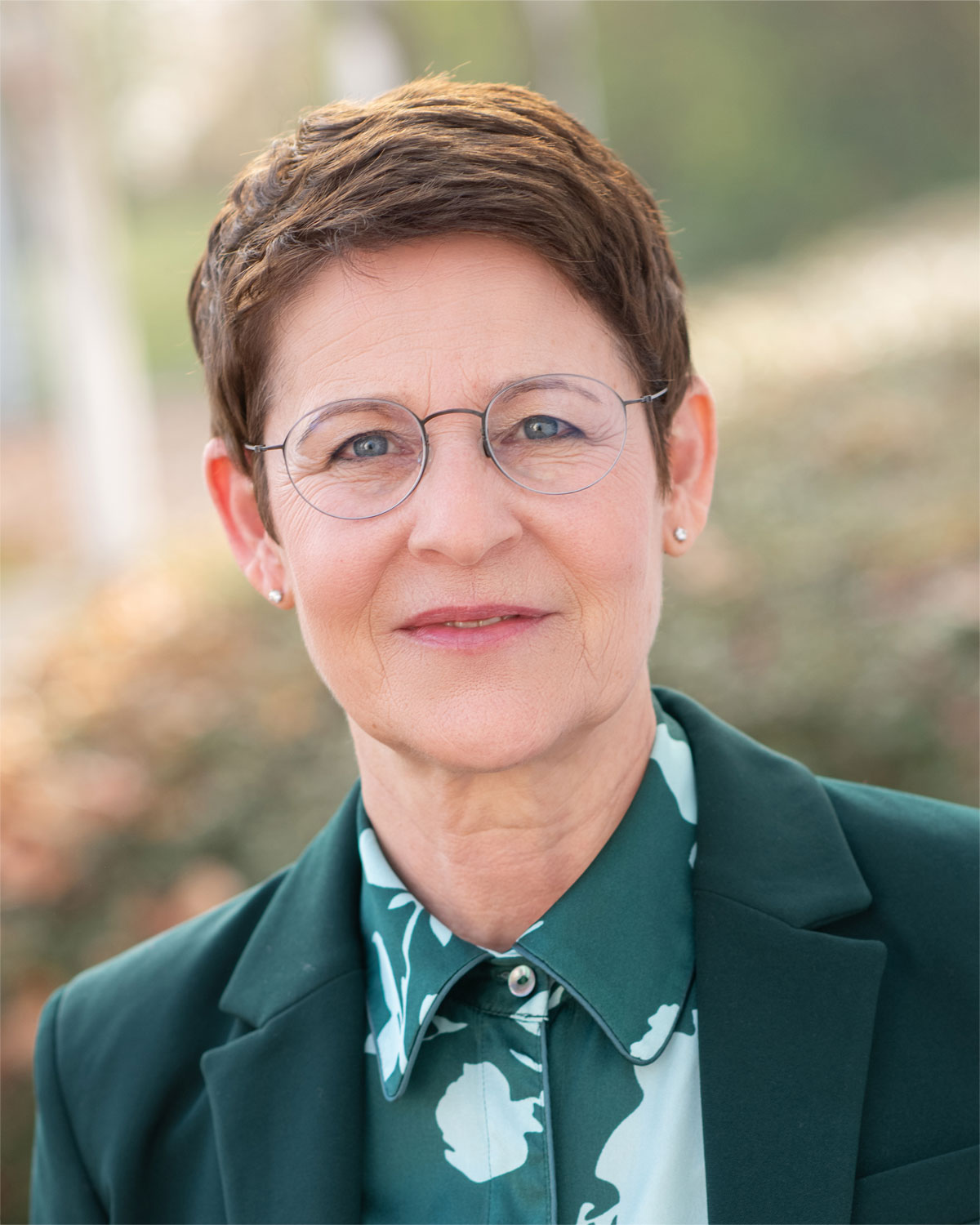Bone Biology and Mechanotransduction
Bone tissue is continuously rebuilt by the finely tuned interaction of bone-forming osteoblasts, bone-resorbing osteoclasts and bone-maintaining osteocytes. Imbalances in cell activities can result in skeletal disorders, including osteoporosis, which is characterised by decreased bone mass and deterioration of bone structure, resulting in an increased fracture risk.
The aim of our research is to study the basic molecular and cellular mechanisms of bone homeostasis and remodelling as well as the pathomechanisms of postmenopausal and age-related osteoporosis. We are particularly interested in the regulation of bone mass by hormones (e.g. oestrogen, glucocorticoids), specific growth factors (e.g. midkine), and intracellular signalling pathways (e.g. Wnt-signalling). Furthermore, we investigate how bone remodelling is regulated by mechanical stimuli. Immobilisation and physical inactivity result in a decline of bone mass. In contrast, adequate mechanical loading maintains bone mass and structure and stimulates bone formation. Osteoblasts and particularly osteocytes are considered able to sense the mechanical signals. Furthermore, the differentiation of mesenchymal stem cells is mechanically regulated which is particularly important for bone healing and regeneration. The basic mechanisms of cellular mechanotransduction are poorly understood and need further investigation.
Therefore, our group investigates the basic mechanisms of bone cell differentiation and activity in vitro and in vivo using transgenic mouse models. To investigate the influence of mechanical stimuli, we use several custom-made cell stimulation devices. For mechanical loading in vivo, we use the well-established "ulna-loading" model or whole-body vibration for mice. To analyse bone cells and bone tissue, we use state-of-the-art techniques, including molecular biological techniques, decalcified and non-decalcified bone histology, static and dynamic histomorphometry, immune histochemistry, biomechanical tissue analyses and high-resolution micro-computed tomography (µ-CT).
Contact person
Univ. Prof. Dr. Anita Ignatius
Institute Director
Group head of bone biology and fracture healing
Veterinary
Tel.: +49 731 500-55301
E-mail
Publications



